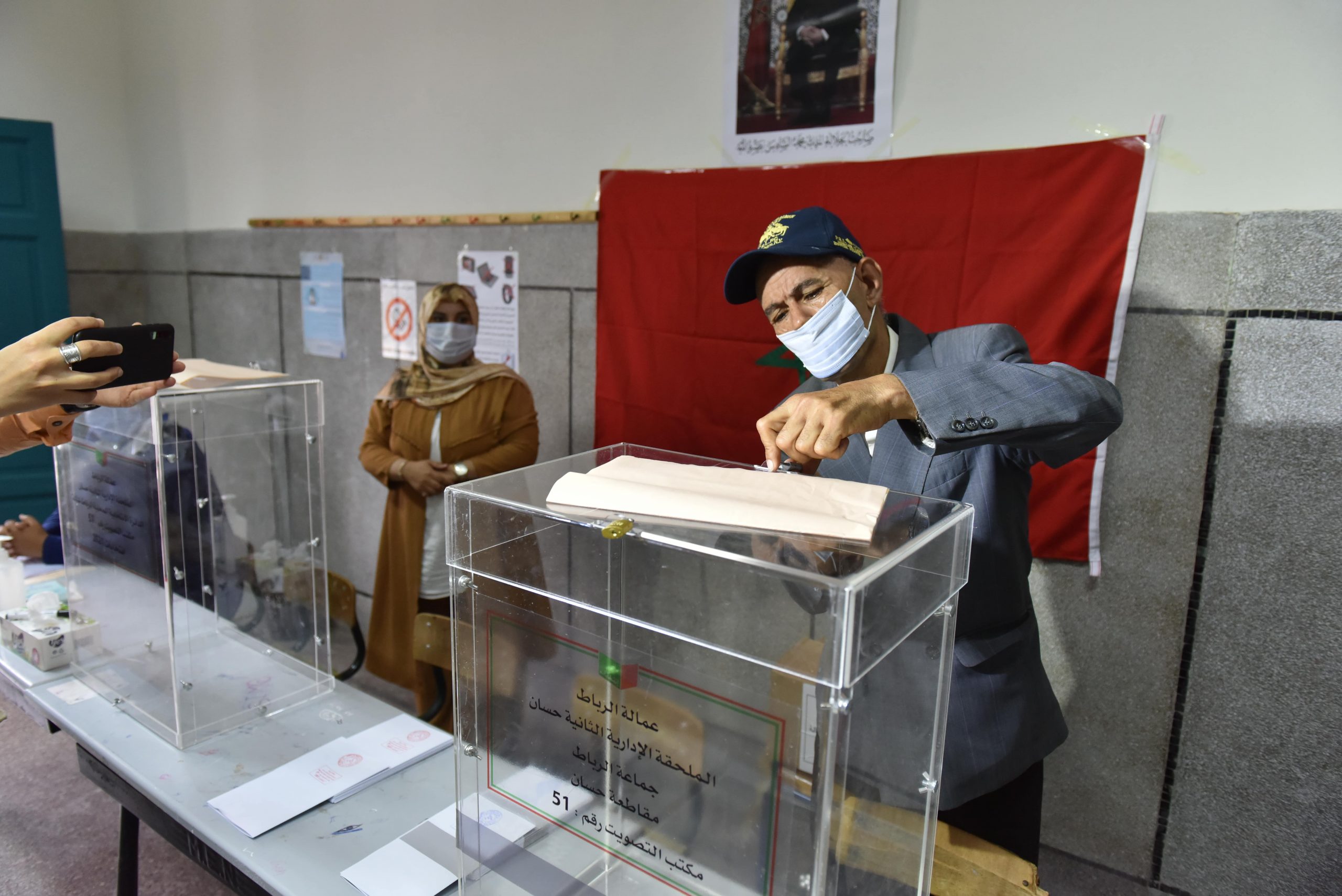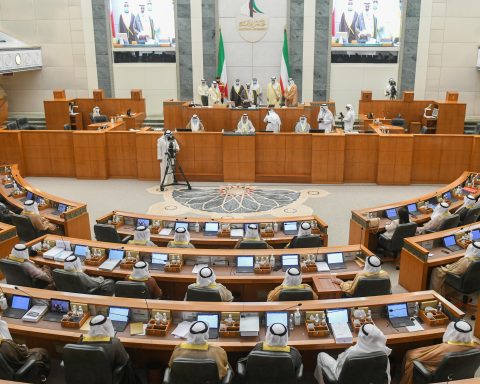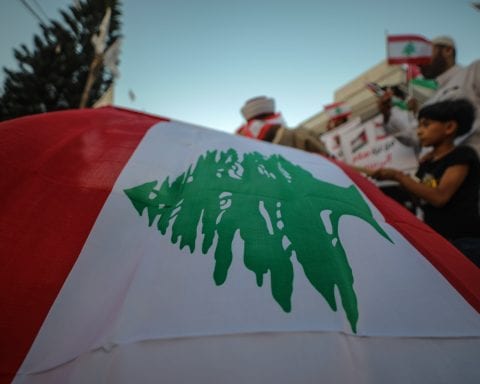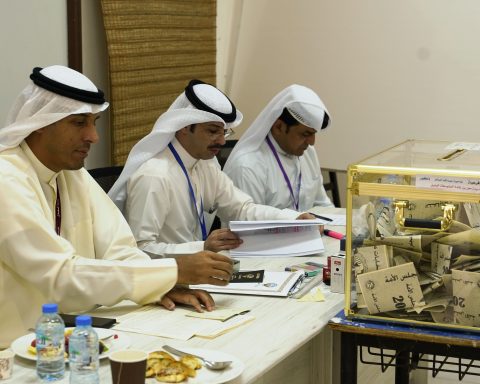A total of 6,815 candidates from 31 political parties and independents are competing in the general elections in Morocco that have started today, where 395 deputies will be appointed to serve in the House of Representatives.
In the elections, in which women are actively participating, 2,329 women became candidates to become parliamentarians.
The number of candidates for municipal and regional local governments was announced as 157,569.
The propaganda process for the general and local elections in the country with a population of 36 million, where there are about 18 million voters, began on August 26.
Among the parties expected to come to the fore in the election race in the country are the Justice and Development Party (PJD), the National Independents Rally (RNI), the Authenticity and Modernity Party (PAM), and the Istiqlal Party.
The current coalition government consists of the PJD (125 deputies), RNI (37 deputies), People’s Movement (27 deputies), Socialist Union (20 deputies), and the Constitutional Union (23 deputies). The opposition wing consists of PAM (102 deputies), Istiqlal Party (46 deputies), Progress and Socialism (12 deputies), and the Left Federation (2 deputies).
A fierce competition is expected between the PJD, which has been in government for two terms, and the main opposition party, PAM. PJD still has 23 more MPs from the main opposition party.
Istiqlal Party, the third-largest party in the country, and the RNI, the second largest partner of the government, are other ambitious parties in the race. The difference in the voting rate between the two parties in the 2016 elections was 0.81 percent.
Opposition parties that want to find a place in the government have made statements showing that they are open to all kinds of possibilities regarding the alliance.
Although there were signs of unification among the PAM, Istiklal, Progress, and Socialism parties in July, there was a difference of opinion on whether this was an alliance or coordination.
While the Istiqlal Party described this situation as coordination, the Progress and Socialism Party tended to see it as an alliance.
It was noteworthy that only 12 parties announced their programs before the elections, in which 31 parties participated in total.














